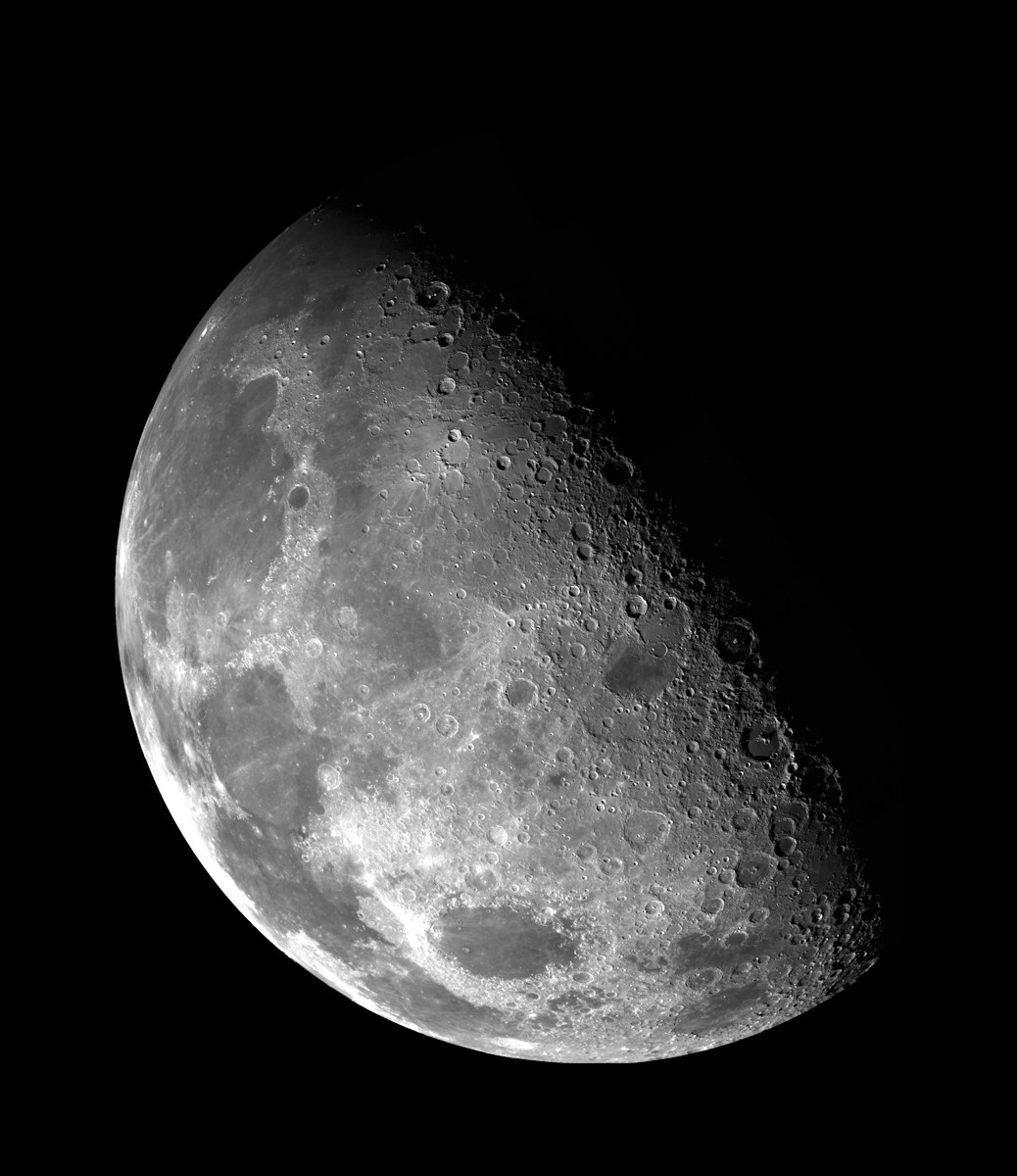Have you ever wondered what would happen if the moon suddenly disappeared? While it may seem like a far-fetched idea, it’s worth exploring the potential consequences of such an event. One of the most significant impacts of the moon’s disappearance would be on the tides. The moon’s gravitational pull is what causes the ocean tides to rise and fall. Without the moon, the tides would become much weaker, which could have a major impact on the ecosystem of the ocean. Many marine creatures rely on the tides for food and habitat, so the loss of the moon could have a ripple effect throughout the entire food chain. The moon also plays a role in stabilizing the Earth’s rotation. Without the moon’s gravitational pull, the Earth could start to wobble on its axis, causing unpredictable changes in climate and weather patterns. This could lead to extreme weather events, such as hurricanes and tornadoes, which could have devastating consequences on human populations and infrastructure.
Another potential consequence of the moon’s disappearance is the loss of an important source of light at night. While the stars would still be visible, the moon provides a significant amount of reflected light that helps to illuminate the night sky. This could make it more difficult to navigate at night, potentially impacting transportation and travel. Additionally, the moon has been a source of fascination and inspiration for humans throughout history. Its disappearance could have a psychological impact on people, particularly those who view it as a symbol of mystery, beauty, and wonder. The loss of the moon could lead to a sense of disconnection from the natural world and a loss of wonder and curiosity about the universe.
Overall, the disappearance of the moon would have far-reaching consequences that would impact many aspects of life on Earth. While it’s unlikely to happen anytime soon, it’s important to consider the potential consequences of such an event in order to better understand the role that the moon plays in our planet’s ecosystem and our daily lives. In addition to the ecological, climatological, and cultural impacts of the moon’s disappearance, there would also be significant scientific impacts. The moon has been a focus of scientific study for centuries, and its disappearance would represent a significant loss of research opportunities and potential for exploration. Scientists have long been interested in studying the moon, both for its scientific value and for its potential as a platform for human exploration. In conclusion, while the disappearance of the moon is unlikely to happen anytime soon, it’s important to consider the potential consequences of such an event in order to better understand the role that the moon plays in our planet’s ecosystem, climate, culture, and scientific exploration.
Related stories:
https://www.astronomy.com/science/what-if-the-moon-disappeared-tomorrow/
https://www.businessinsider.com/how-life-earth-would-change-without-moon-disappeared-2018-3
https://curiousmatrix.com/what-would-happen-if-the-moon-disappeared/
Take action:
https://www.nasa.gov/humans-in-space/why-go-to-space/






